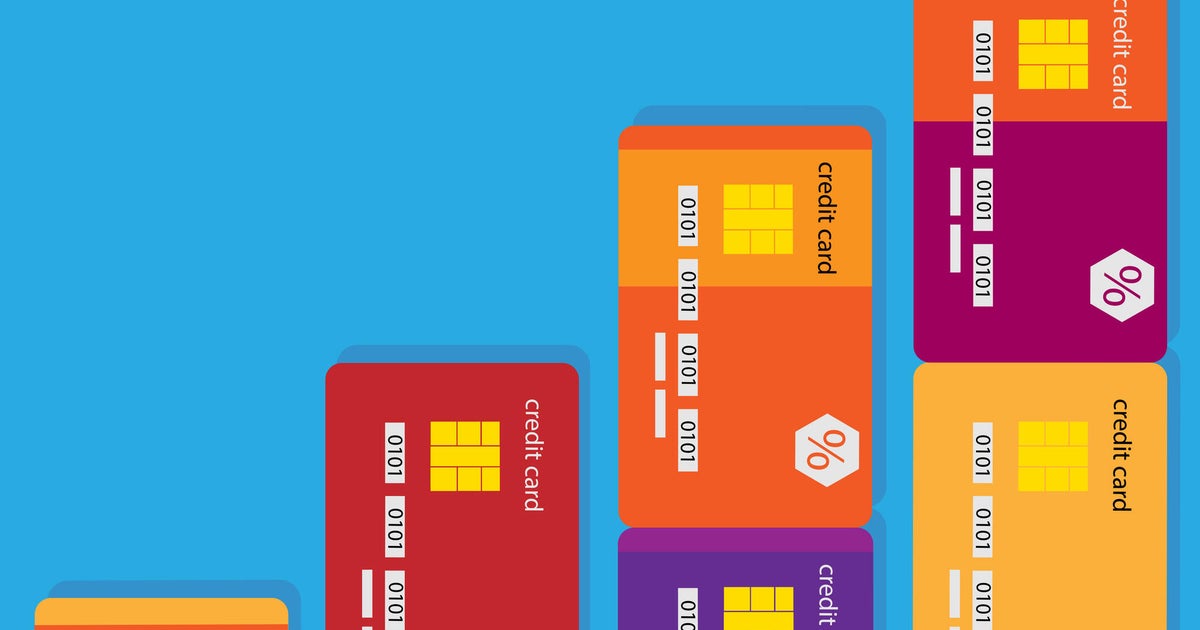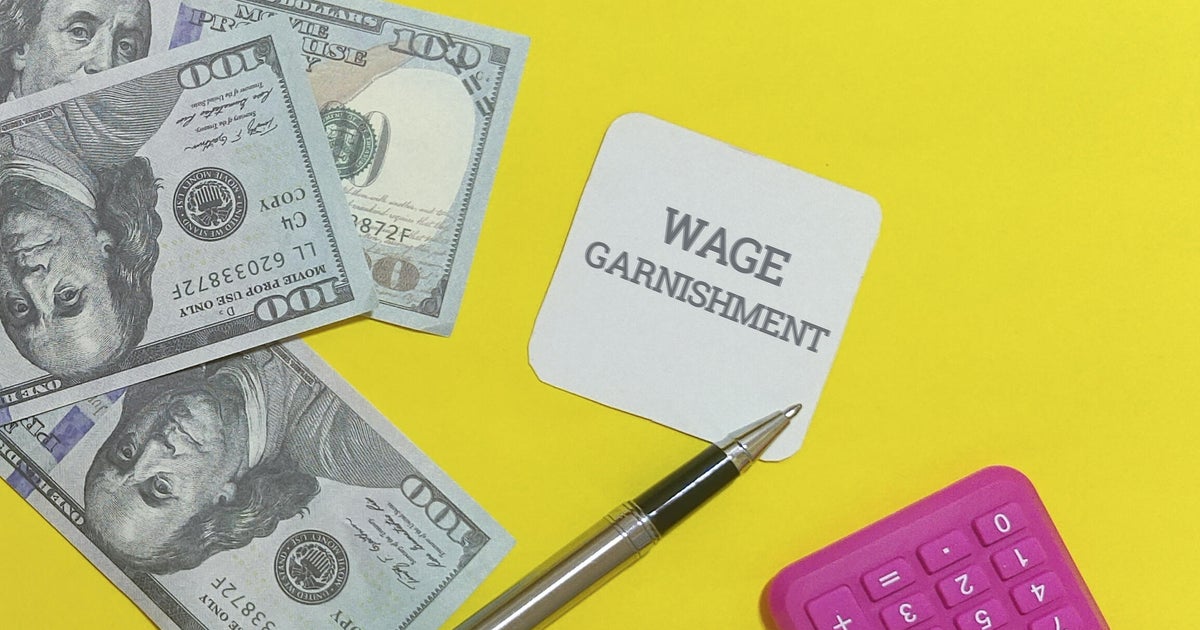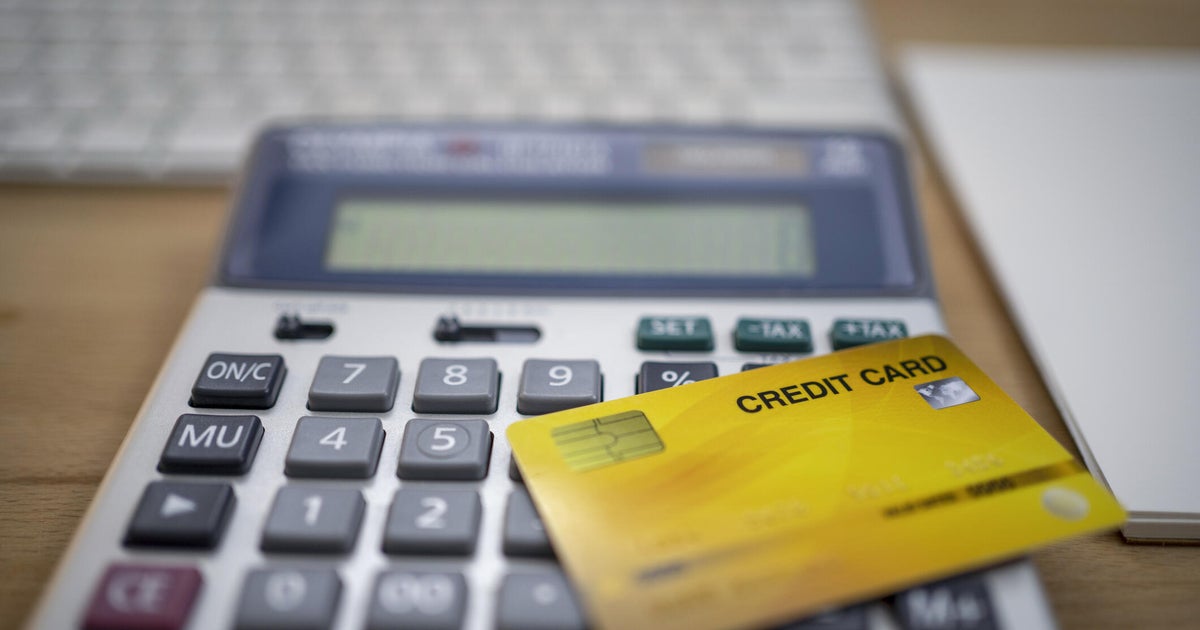How much credit card debt is too much?
Credit card debt is nothing new for most Americans. In fact, the "vast majority" of adult Americans have at least one credit card in their wallets and borrowers across the United States owe credit card companies a combined total of more than $1 trillion according to the U.S. Government Accountability Office.
As you use your credit cards and your balances begin to grow, you may ask yourself, "how much debt is too much?" After all, you don't want to end up with more high interest credit card debt than you can comfortably afford to pay off. The answer to this question is an important one and it can help you avoid further digging yourself into a hole.
Tap into the debt relief you deserve today.
How much credit card debt is too much?
The general rule of thumb is that you shouldn't spend more than 10 percent of your take-home income on credit card debt. Then again, rules of thumb are rarely reliable in finance. Everyone has their own unique financial circumstances and the 10 percent rule may not work well for you.
For example, let's say you take home $4,000 per month. Let's also say you have a $2,000 mortgage payment, and a $500 car payment. On top of that, you have expenses like insurance, food and utilities that add up to $1,100 per month. So, your total bare necessities expenses before credit card debt payments are $3,600 per month. If you spend $400 on minimum credit card payments every month, you won't have anything left to cover other expenses or to save for your future. So, in this scenario, the 10% rule isn't feasible.
Instead, you should make sure your debt is affordable - whether that means you spend 10% or 1% of your income on minimum payments. That also means it's important to understand how your balance affects your minimum payment.
Find out how fast you could pay off your credit card balances with a debt relief solution now.
How your credit card balance affects your minimum payment
Credit card companies typically calculate minimum payments as a percentage of your balance plus interest. So, your minimum payment likely grows as your balance grows. Here's an example of how your balance might affect your minimum payment on a credit card with a 20% interest rate (assuming minimum payments are calculated as 1% of the balance plus interest):
- $5,000 balance: $133.33 minimum payment
- $10,000 balance: $266.67 minimum payment
- $20,000 balance: $533.33 minimum payment
- $25,000 balance: $666.67 minimum payment
What are the dangers of having too much credit card debt?
If you have too much credit card debt, you may feel trapped. "One of the most frustrating financial dilemmas is getting caught on the credit card balance hamster wheel," says Brandon Robinson, president and founder of JBR Associates in Plano, Texas, which specializes in retirement income. "You've worked up a balance, have been paying the minimum balance due each month and are nowhere near getting out of credit card debt. It's as if you are going around in circles."
Some of the most significant dangers of credit card debt include:
- Credit score reductions: If you have too much credit card debt, it may be challenging to make your minimum payments. Unfortunately, missed payments usually have a negative impact on credit scores. Other aspects of having too much credit card debt like a high debt-to-income ratio or credit utilization ratio could also have a negative impact on your credit score.
- Borrowing challenges: As your debt rises, you'll likely find it more and more difficult to borrow money. That's especially true if you aren't able to make your minimum payments on your current debts consistently.
- Judgements and garnishments: If you can't keep up with your credit card debts financially, you could face lawsuits and judgments. Should this be the case, your creditors may be able to garnish your wages.
- Bankruptcy: You could end up with no other effective way out of debt than bankruptcy. In most cases, bankruptcies have a detrimental impact on credit reports for several years.
How to get out of credit card debt as quickly as possible
There is no one-size-fits-all solution to credit card debt. But, there are multiple ways that you can realize debt relief. For example, it may be wise to consider a debt consolidation loan. These loans give you a way to consolidate multiple high interest rate credit card debts into one loan - typically with a lower interest rate and minimum payment than you're used to.
If you're unable to qualify for a debt consolidation loan or if a loan simply wouldn't provide enough relief, the next step would be to consider a debt management program. During these programs, credit card debt experts negotiate lower interest rates with your lenders on your behalf. They then create a fixed payment plan for you that's designed to get you out of debt as quickly and affordably as possible. Next, you'll make one monthly payment to your debt management company and they'll send payments to your individual creditors for you until your debts are paid off.
Although debt consolidation and debt management can be effective ways to get out of debt, they may not provide enough relief in some circumstances. If that's the case, consider reaching out to a debt settlement company. These companies negotiate the balances you owe to your lenders, which could significantly reduce your debt burden. However, It's important to note that debt settlement typically has a detrimental impact on credit scores.
The bottom line
If you have more debt than you can comfortably pay for each month, chances are that you have too much debt. But you don't have to struggle with debt forever. Consider taking advantage of one of the debt relief solutions mentioned above to save money and speed up the debt payoff process.
This story has been updated to clarify the difference between debt management and debt consolidation programs.




